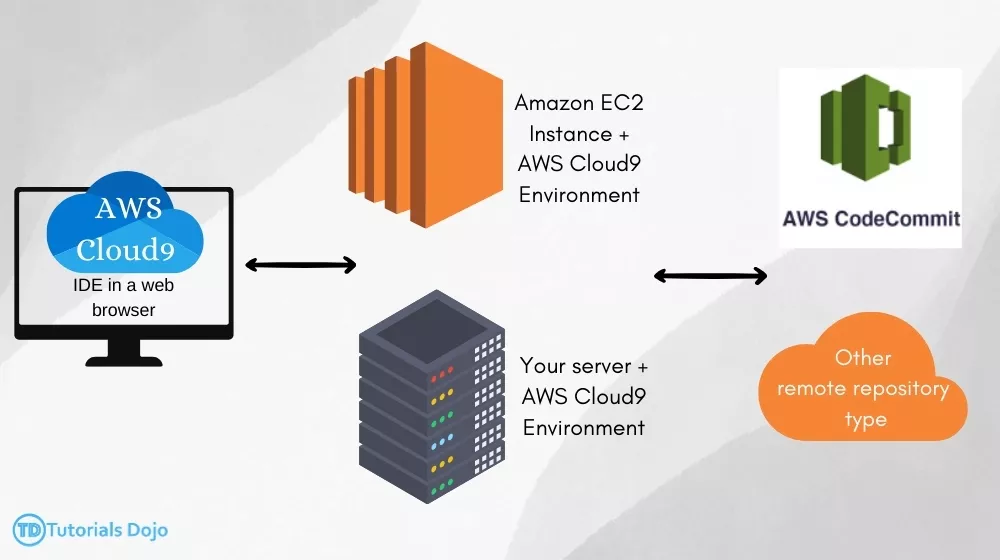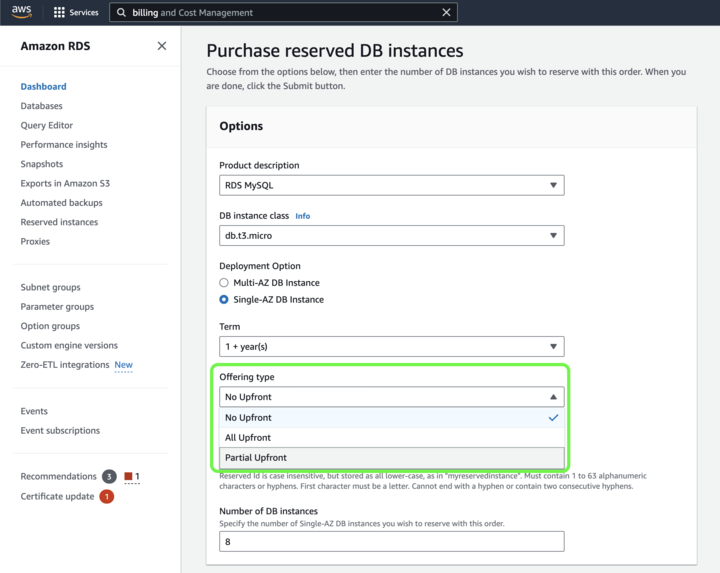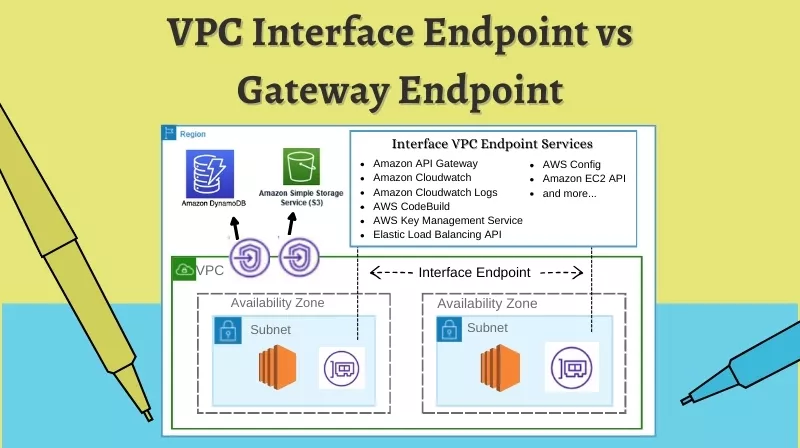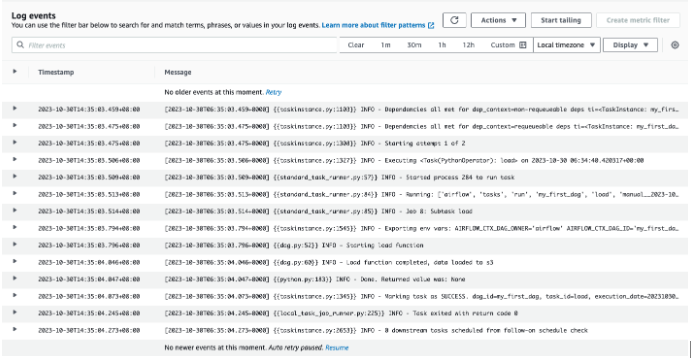Building Data Pipelines with No-Code ETL Using AWS Glue Studio
Neil Rico2024-04-03T00:33:32+00:00Introduction Welcome to the dynamic world of AWS Data Engineering! This beginner-friendly guide introduces you to the essentials of data staging and transformation within the AWS ecosystem without needing to code. By exploring the foundational use of Amazon S3 and AWS Glue, this guide provides a practical starting point for understanding how AWS data is handled and processed. Whether you're aiming for certification or looking to apply these skills in practical scenarios, this guide sets the groundwork for your future in data engineering. Preparation: Navigating Through Sample Datasets In this article, we'll work with 3 main datasets for a fictional [...]










